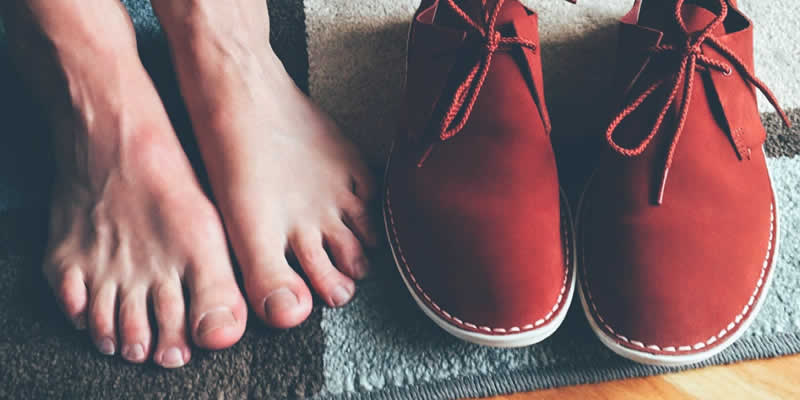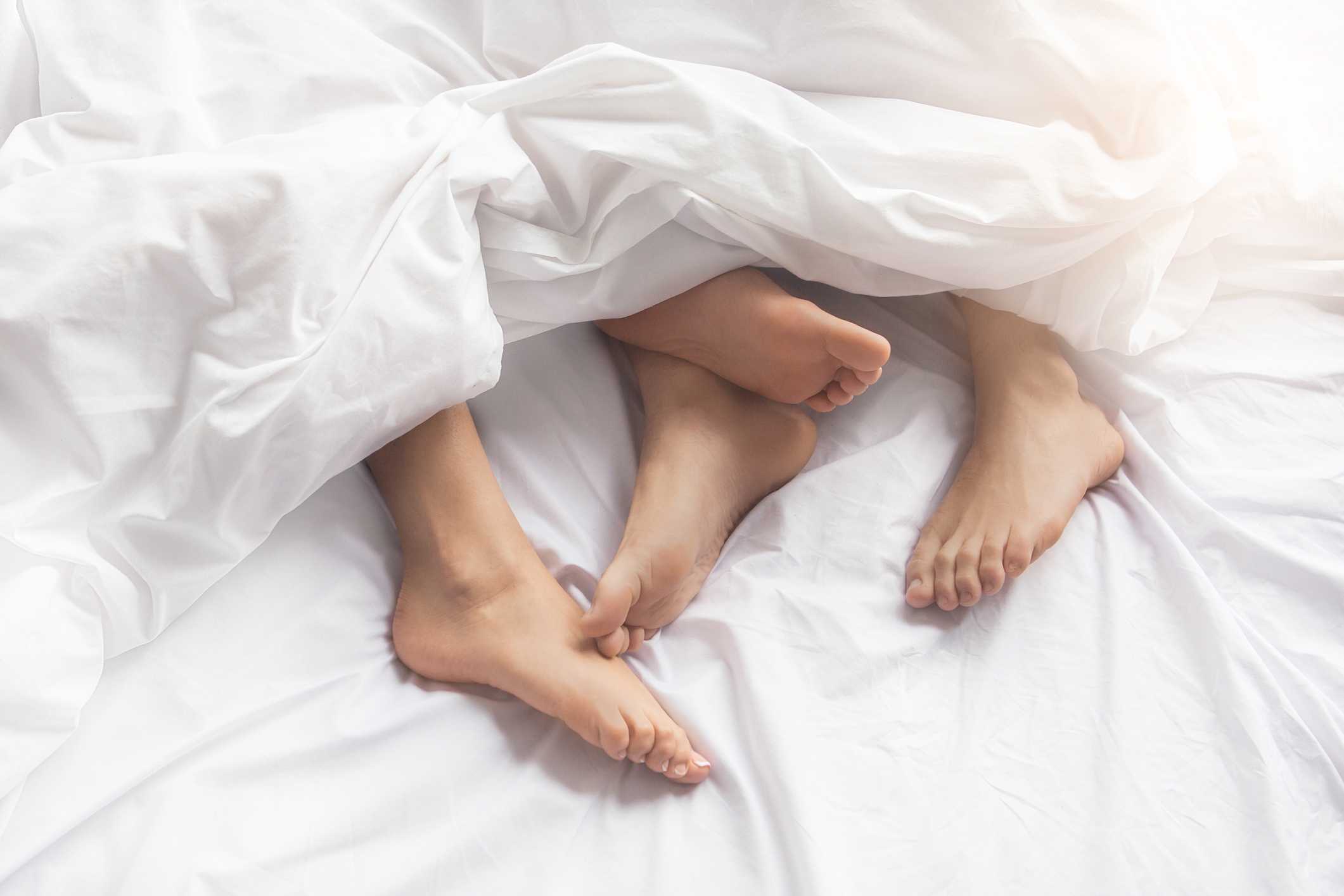People with diabetes will be aware of the importance of foot care and footwear choice is a factor that should not be overlooked.
When it comes to choosing the best shoes, it’s important to have shoes that fit well and allow pressure to be distributed evenly over the foot.
These days there is also specialised footwear available such as extra wide or extra deep footwear and prescription footwear to deal with certain foot care needs.
Importance of shoes that fit well
It is important to choose shoes that fit well. Your footwear should be long and wide enough but not too loose either.
If your shoes are too short, there’s a greater risk of developing problems including hammer toes, blisters, corns and damaged nails. Hammer toes can occur if your toes are forced to bend inside your shoes, which, over time, can lead to tendons and muscles in the foot being affected and this can lead to deformation of the foot.
Corns and damaged toes can occur if your toes do not have some room for movement and therefore rub against the end of your shoe. Blisters can occur either on or around the toes or at the heel if shoes are too tight.
If shoes are not wide enough, your feet can be pressed and rub against the sides of the shoe which can lead to corns, calluses, blisters or bunions forming.
Any form of damage or change to the skin or shape of the foot can lead on to loss of surface skin and wounds and foot ulcers forming.
Note that if you have neuropathy, you may not be able to feel whether your shoes are uncomfortable or if they are causing damage. It’s important therefore that you check your feet daily for any signs of damages or change.
Getting the right fit
To ensure you get shoes that fit well, it’s recommended to have your feet measured and the shoes properly fitted.
It’s better to visit a shoe shop and try the shoes on before you buy. Don’t be tempted to just try on one shoe as most people’s feet tend to be at least slightly differently sized.
It’s advisable to wear shoes at home for relatively short periods of time, say 20 minutes.
Check that your feet do not show any signs of poor fitting such as redness or any marks on your skin. If your shoes show signs of not being the right shape or fit, and you have not worn your shoes outside, you may be able to return the shoes and pick a better fitting pair.
If you have uncertainties about the fit of a new or existing pair of shoes, you may wish to arrange an appointment with a podiatrist
Picking a good shoe
Natural materials, such as leather, tend to be the best material for footwear as it provides good support and reduces sweating. It is advisable to avoid wearing high heeled shoes where possible as this can cause parts of the foot to withstand an inappropriately high amount of pressure.
Pick shoes which match the shape of your foot and avoid shoes that do not, such as shoes with pointed ends.
As with the fit of shoes, your podiatrist can advise you on the shape, material and types of shoes you wear.
Checking your feet
It’s important to check your feet daily for any signs of wear or rubbing caused by your shoes. It’s also important to look for any other signs of damage or changes in appearance of your feet at the same time.
- Read more on checking your feet
Specialist foot wear
There are a number of different types of specialist shoes and footwear which may be available commercially or, in specific cases, on prescription.
Note that if you are buying specialist footwear, such as extra deep or extra wide footwear, by mail order or from the internet, it’s important that the shoes fit well. As with non-specialist footwear, it’s useful to try the shoes on for short periods in the home and/or check the fit with a podiatrist before beginning to wear the shoes outside.
This way, if there are any problems with the footwear, you may be able to return them.
Orthoses (shoe inserts)
Shoe inserts are cushioned in soles which help to spread out and relieve pressure on the base of the foot. Shoe inserts may use foam or gel to reduce pressure on the sole of the foot.
Extra deep shoes
Extra deep shoes provide more space within the shoe and are a good pick if you experience red marks or signs of pressing on the top of your feet.
Extra deep shoes may also be useful if you are using shoe inserts, which therefore slightly raise the level of your feet inside your shoes.
Extra wide footwear
Extra wide shoes may be needed for a number of reasons including if you experience swollen feet, bunions or have naturally wider feet.
A good number of shoe suppliers provide wide fitting shoes these days, allowing you to pick wider fitting shoes for sports, formal or casual wear.
Prescription footwear
If you have specific footwear needs, such as need specialist footwear to enable healing to take place, you may be provided with footwear on prescription.
It’s possible that your prescription footwear may not be a perfect fit and, if this is the case, it’s important to contact your podiatrist or orthotist to notify them of any issues you have with your prescription shoes.




